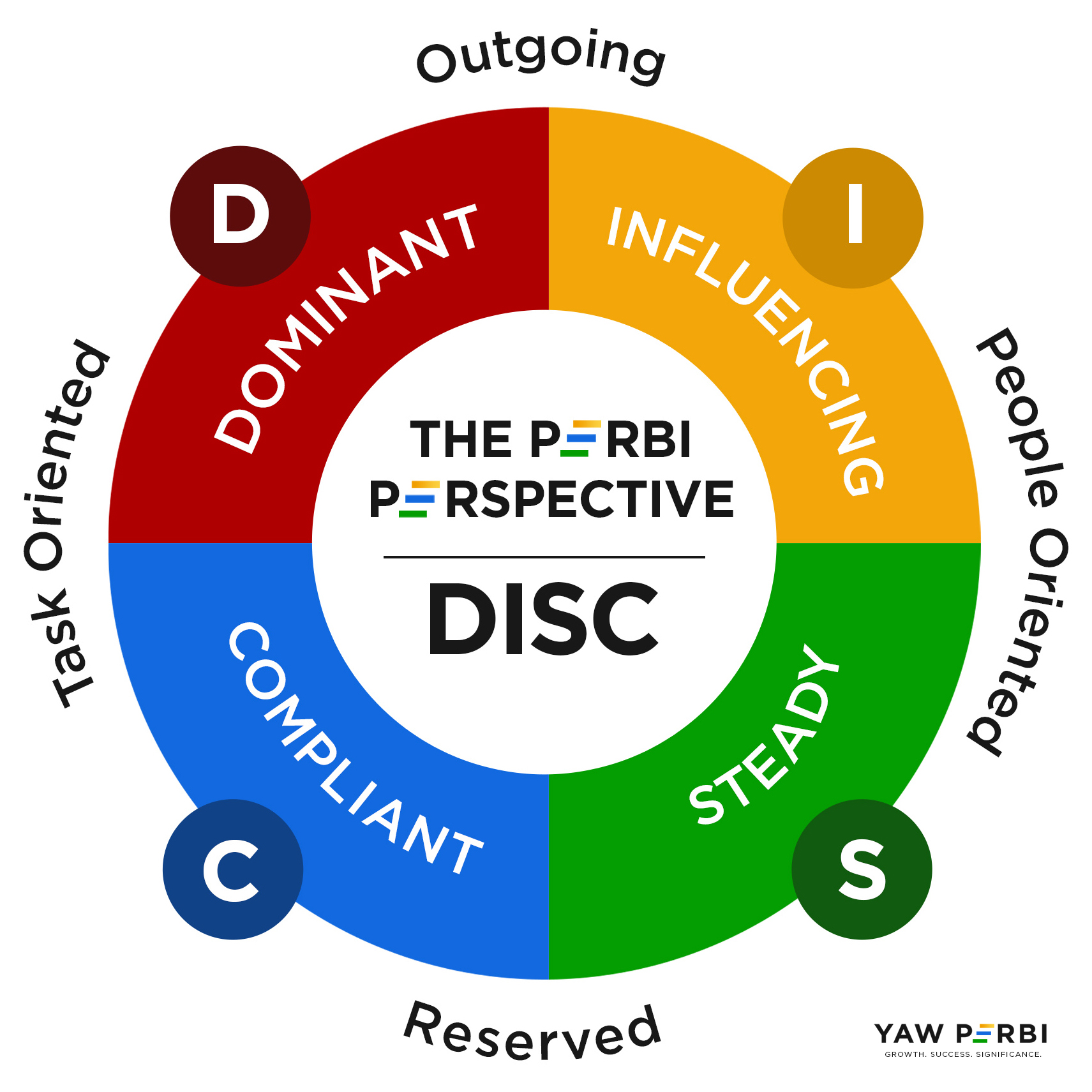
Do The People You Lead TRUST and RESPECT You? Time To Find Out!
Trust is the foundation of all leadership. Earning the trust and respect of the people you lead may take years but can be lost overnight.
Sometimes people endure the pain and discomfort of a leader because they need the salary and have nowhere else to go. Or they may choose to respect your position but distrust you as a person. That’s sad. That is particularly sad because pure leadership emanates from the personal power of the person of a leader, not their positional power.
It’s even sadder to go about your daily tasks as a leader without an awareness of what the people you lead think and feel about you. That’s because a time of crisis will strike one day and you’ll behold, for the first time, the true colours of the people who have been smiling and bowing before you in the corridors of your organization.
In times of crisis, leaders who are not trusted and respected are left to hang. The led leave without notice and never look back. Unfortunately, some leaders still fail to read the signs and instead blame everything and everyone else except themselves.
What kind of legacy do you want to build as a leader? Do trust and respect matter to you and are you intentional about building them?
Here are five reasons why trust and respect are important:
- When followers trust you, they’re more likely to do what you ask and even go the extra mile to help you succeed.
- When followers trust you, they’ll freely share ideas, feedback and solutions that will help the organization achieve its goals.
- When followers trust and respect you, they’ll consult you anytime even after they stop working for you.
- When followers trust you, they’ll recommend you to other people.
- When followers trust you, they’ll warn you when you’re in danger and stick by you even in times of crisis.
At YAW PERBI we conduct Trust, Respect & Reputation Surveys for organizations. This concise, confidential and customized survey will give you a clear picture of what your staff think about you as a leader, your board and managers.
This is what Kenneth Magembe, the Managing Director of Armstrong Consulting Engineers, said after conducting this survey in his company, “Never take things for granted. Small things easily affect the trust of my staff. Integrity and fulfilling promises are key drivers for improving employees’ trust.”
The survey will measure your;
- Fairness when dealing with staff
- Response to staff’s ideas, suggestions and requests
- Listening skills
- Display of integrity in your character, conduct and conversations
- Delivery of promises
- Confidentially of staff’s personal information
- Staff’s confidence in your qualifications, skills and experience
- Staff’s sense of loyalty to you
- Concern for the well-being of your staff
- Modelling of company’s core values
Once the staff has completed the survey, we’ll deliver a comprehensive report of the results, interpret them and provide concrete and practical suggestions for building, reinforcing or restoring trust, respect and great reputation in your leadership in the organization.
You’ll also get a free one-hour coaching session with one of our certified professional coaches to set smart goals in this important aspect of your leadership.
To access this survey contact us at info@yawperbi.com.

Three Major Benefits of the DISC For You & Your Organization | Your HR Owes You This Assessment
If my DISC assessment results had turned out different, I would not be working as the COO of YAW PERBI Executive Education. When I applied, my employer knew the personality style for the position. Unknown to me, the last interview was to take the DISC assessment. I took it and the results were positive; Peacemaker SC!
I got the job.
Perhaps you’ve encountered different personality assessments out there. But the DISC is the most widely used by individuals and companies around the world.
The DISC is an acronym for Dominant|Direct, Influencing|Inspiring, Steady|Stable and Compliant|Correct. It assesses a person’s personality style as regards their strengths, weaknesses, dislikes, fears and motivations. It also reveals one’s level of strengths of influencing, directing, processing, detailing, creating, persisting and relating in leadership.
Sometimes conflicts arise in the workplace that affect productivity and lead to high employee turnover not because people are bad per se but simply because they don’t understand each other.
Here is how you and your HR department can benefit from DISC assessments:
Benefit #1: Stronger Self-Awareness
The DISC allows you to know your personality style – your strengths and weaknesses, what motivates or discourages you, likes and dislikes, and whether you’re energized or dampened by social interactions. All this information is key in your personal growth and can help determine focus areas for further training and development.
Rather than waste time trying to be like someone else, you should focus on maximizing your strengths and becoming the best version of yourself. And rather than struggle to become strong in your weak areas, you can partner, delegate or hire someone who is strong in that area.
The more you become self-aware, the more you appreciate the differences in others and you’ll begin to treat them as their personality demands.
Benefit #2: Clearer Communication
How we communicate can build or destroy our relationships. The DISC introduces you to the different ways different personality styles communicate and how they process information.
For instance, the Influencing personality style dislikes complex tasks, pays less attention to details and has a low attention span. If you give them a 100-page report to review in two days, you’ll have crucified them. But give the same report to a Compliant personality style who is detailed, systematic and analytical, and it will be a piece of cake.
When stakeholders in an organization appreciate the different ways people communicate according to their personality style, they’ll cooperate better, resolve conflicts faster and reach consensus amicably.
Benefit #3: Tighter Teams
The DISC is useful right from the recruitment stage to determine who has the personality style for the position.
For instance, if a company wants to hire a salesperson who has to be out of the office most of the time to get clients, a Compliant personality type will expire fast! Why? Because they’re introverted and will prefer to sit behind the desk and do detailed tasks like accounts. But an Influencing personality style who is talkative, friendly and persuasive will be thrilled to meet new people and close deals.
It’s also a fact that we’re motivated differently. A Dominant style is motivated by new challenges, authority to take risks and freedom from routine. On the other hand, a Compliant style is motivated by limited social interactions, detailed tasks and standards of high quality.
An HR personnel who understands the personality styles and behaviours of employees will motivate them in ways that speak most to them and create an ideal environment where each style can flourish.
If your HR department is not in a position to purchase a DISC assessment for you, this is an investment in yourself you need to consider. Knowing your personality style and being able to assess the personality of others will enlarge your perspective of self and others, improve your communication and empower you to become a better team player. Unexpected doors open for those who know how to harness the greatest asset in an organization – people.
A DISC is also a perfect gift to give a loved one. Not only will they become self-aware but you’ll know them better yourself too and love them according to the needs of their personality style.
__________________________
If you have any inquiries about the DISC, do not hesitate to get in touch with us via info@yawperbi.com. I am one of the Accredited DISC coaches and Certified Behavioural Consultants with YAW PERBI at your service.
To purchase the DISC assessment Click HERE.
To become an Accredited DISC Coach and Certified Behavioural Consultant Click Here.

4 Easy Steps To Choosing The Right Coach
In the article 5 Signs You Need a coach ASAP, we defined coaching as a process of moving someone from where they are to where they want to be, through encouragement, guidance and honest feedback. The coach uses guiding questions to help the coachee set goals and take the necessary steps to achieve them.
Step 1: Know what you want from the coach. What aspects of your life need attention and what outcome do you seek.
Step 2: Verify the training and certification credentials of the coach. Are they an authority in their area? What are their experience and achievements in their personal lives?
Step 3: Schedule chemistry or complimentary first session. This will assess whether the coach is a fit for what you’re looking for. In this session ask them:
- What tools they will use to help you achieve your goals?
- How much do they charge for the coaching sessions?
- Who have they coached and can you access their testimonials?
- What are the other terms of the coaching agreement!?
Step 4: Observe these four qualities in your interactions with the coach in the initial sessions.
- Do they ask questions or instruct you? A professional coach asks good questions so you can arrive at solutions not telling you what to do.
- Do they listen to you? Good coaches listen to you without interrupting.
- Are they confidential? Do they share the names and personal stories of their clients with you? If they do, then you’ll be their topic with another client.
- Do they keep time and stick to their commitments to you?
Choosing the right coach for your personality and needs is like finding the perfect house to rent or a car to buy. It involves a bit of searching and recommendations. But when you find the right one, your personal and professional life will be totally transformed.

5 Signs You Need A Life coach ASAP| 5 Benefits of Getting a Coach
High achievers appreciate the role of a coach for high performance in their personal and professional journey. In a highly competitive environment that puts a high demand on your time, you need someone who can bring the best out of you. In fact, with the right coach, you can accomplish in one year what you have struggled to achieve in the last 10 years.
Coaching is a process of moving someone from where they are to where they want to be, through encouragement, guidance and honest feedback. The coach uses guiding questions to help the coachee set goals and take the necessary steps to achieve them.
Tom Landry, a football coach, once said, “A coach is someone who tells you what you don’t want to hear, who has you see what you don’t want to see, so you can be who you have always known you could be.”
Let’s use the Word COACH as an Acronym for the benefits of coaching: Clarity, Outcome, Accountability, Challenge and Habits
Here are the 5 signs you need a coach and the 5 benefits of coaching.
Sign #1: You Lack Clarity about Your Identity, Purpose, Priorities, Values, Talents, Gifts and Personality Style
CLARITY
A coach uses different tools to help you gain clarity about who you are, why you are here on earth, your life priorities and what you stand for. They introduce you to assessments like the DISC to help you understand and apply your personality type. Through coaching, you become more self-aware.
Sign #2: You Rarely Set SMARTER Goals to achieve Your Desired Outcome
OUTCOME
A coach helps you to set SMARTER (Specific, Measurable, Achievable, Relevant, Time-bound, Evaluated and Rewarded) goals and provides tips and tools to achieve them. He or she helps you write a vision statement in the aspects you desire to see a specific outcome.
Sign #3: You’re Answerable To No One For Achieving Your Goals
ACCOUNTABILITY
A coach helps you stick to your commitments, follows you up on your goals and gives honest feedback on your progress.
For instance, if your goal is to jog three times a week for 30 minutes each time for physical fitness, there may be times when you fall behind on this goal. A coach will hold you accountable and keep you focused on the benefits you’ll enjoy once the goal is achieved.
Sign #4: You Feel Bored, Stagnant and Underutilized
CHALLENGE
A coach challenges you to stretch and step out of your comfort zone, pursue your dreams and God’s will for your life. Because they believe in your potential to become better, they challenge you to grow past your limiting beliefs and fears.
Sign #5: You Struggle To Develop or Ditch Certain Habits
HABITS
A coach helps you cut off habits that waste your time and hinder your progress. He/She helps you create a new system of doing things and set proper boundaries that make you more productive.
I hope you now appreciate the fact that you can’t progress past a certain level of growth and success without the help of a caring and committed coach.
Check out the 5 Steps to choosing the right coach.
And if you’re eager to achieve your goals, consider getting a coach today. Contact us, the YAW PERBI Team, via info@yawperbi.com.

